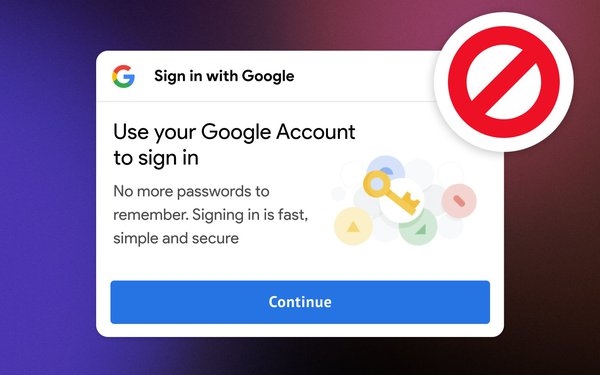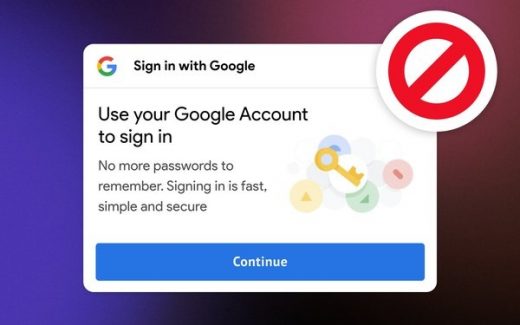DuckDuckGo Launches Google Sign-in Pop-Up Protection
DuckDuckGo Launches Google Sign-in Pop-Up Protection

DuckDuckGo launched Google Sign-in Pop-Up Protection on Thursday to help hide pop-ups on non-Google websites in the company’s apps and extensions.
Users downloading or updating the DuckDuckGo apps or Firefox, Chrome, Brave, or Microsoft Edge extensions will no longer see these pop-ups.
The search engine claims that for years, Google has been signing users in to Chrome when signing into any Google website, which gives them the ability to tie any browsing behavior to the user identity.
Google has been sued for this practice. DuckDuckGo points to page 15 of the lawsuit.
DuckDuckGo is seeing a similar issue on websites that Google does not own, with pop-ups serving up on popular websites, often as soon as the website loads. The pop-ups attempt to drive users to sign in to the site with their Google account, the company said.
The practice is being touted as a convenience, according to DuckDuckGo. No more passwords are needed. But once users are signed in, Google can track user behavior on those websites and continue to do so even if third-party cookies are no longer available. It should be obvious, but not to everyone.
Google Sign In is not new. Internet users can find this on Investing, Pinterest, Reddit, and many other sites.
DuckDuckGo believes that third-party websites are agreeing to display the pop-up because if Google can get consumers to login through the popup than the search giant can serve them behaviorally targeted ads, resulting in more money for the publisher — but in the end, it benefits Google the most.
(32)


